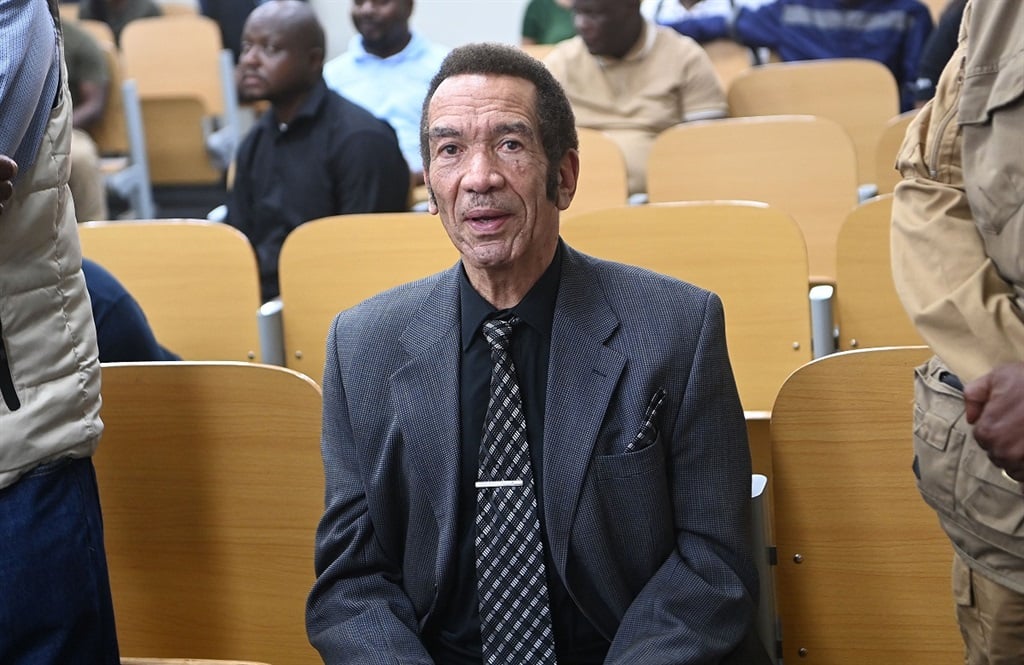The expectation that former President Ian Khama will boost some politicians like he did in 2019, could prove to be a tall order because opposition political parties are currently more fragmented than before.
Despite his influence in some parliamentary constituencies won by UDC, the ground has since shifted significantly. The BCP and Botswana Patriotic Front (BPF) have since bolted out of the UDC. On the other hand, his return won’t hurt the Botswana Democratic Party (BDP) in terms of deriving significant sympathy votes from disgruntled bulela ditswe losers. His return, however, could hurt the BDP only if opposition political parties were united as was the case in 2019.
Hurt BDP
Despite the BDP fluctuating fortunes in recent years in terms of popular vote, it has managed to hold on to power. In the 2014 general elections when Khama was still BDP President, the party achieved 47% popular vote whereas the figure increased to 53% in the 2019 when Mokgweetsi Masisi was at the helm. Botswana was, and still is the epicentre of high unemployment created by low levels of job creation, naked corruption and malfeasance, collapsed public health and education sectors, low levels of economic growth, questionable rule of law, and a rogue intelligence agency. The list is endless.
A united opposition would easily win the Goodhope-Mmathethe constituency given the suicidal ‘political decision’ the BDP took by dropping Dr Edwin Dikoloti. With the socio-economic issues a stark reality of the present-day Botswana, it would appear Batswana continue to be gripped by the fear of the unknown. The opposition is failing to seize opportunities to be the alternative and continue to blame each other over failure to effect regime change.
When Khama joined opposition politics the Khama magic was expected to upset the apple cart. It was expected his magic would rally opposition parties to win a minimum of 29 parliamentary constituencies to form government. Granted, the Khama magic managed to influence election results in favour of the UDC, particularly in the Central district. This was still far too low to effect regime change. With opposition political parties too fragmented, the return of Khama will do very little to hurt the BDP.
Fragmented opposition
Experts have in the past observed that no single political party can topple the BDP alone. In recognition of this, BCP and BPF have in the past joined the UDC upon recognising that the BDP cannot be brought down by a single predator. It requires a solid pack of predators! As it has become public knowledge, the BCP and BPF have since left the UDC for various reasons. When it suits them, they even throw in the narrative that the BDP can be brought down by a single party.
When Khama left the country back in November 2021, it became clear that the marriage of convenience between the BPF and the UDC would not last. One of these was the tension during a council by-election in Palapye where there was a dispute as to which candidate to field. There were stories about the model of cooperation to employ. The BPF prefers a Pact model as opposed to the current coalition one preferred by the UDC.
It will be interesting to see how Khama navigates the relationship between the BPF and the UDC. Does he bring a last-ditch effort to reconcile the two? Will he only campaign for the BPF without antagonising the UDC? Is unity even possible given that the two have already identified candidates ahead of 30th October 2024? Will the two work out a cooperation agreement as suggested by the BNF where a party with a strong footprint in a particular constituency will be electorally supported by UDC affiliates? These are some of the questions that come to mind. If the answers are in the negative, it is fair to conclude Khama’s return will not help neither the UDC nor the BPF. The most obvious danger in the process is vote splitting whose result has not been largely favourable to the opposition.
In the last general election, the UDC lost about 8 winnable constituencies to the BDP due to vote splitting. By then BPF, Alliance for Progressives were not part of UDC. The total number of votes cast for combined opposition political parties exceeded those cast for the BDP. Highly possible lightning will strike at the same place once again. UDC itself has benefitted from vote splitting but this was a drop in the ocean to bring any meaningful benefit to the coalition.
I argue therefore that Khama’s return to opposition politics is nothing but symbolic if not ceremonial. It will not bring any political capital to his party BPF neither will it do so to the opposition. The opposition has numbers to win as a collective but does not have them in their current fragmented state. I am prepared to be persuaded otherwise as always. Judge for Yourself
